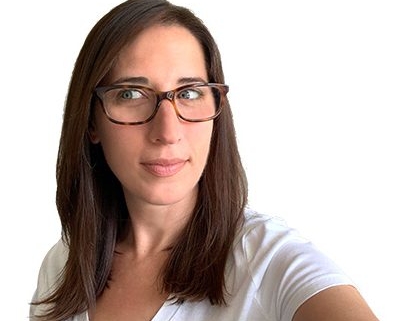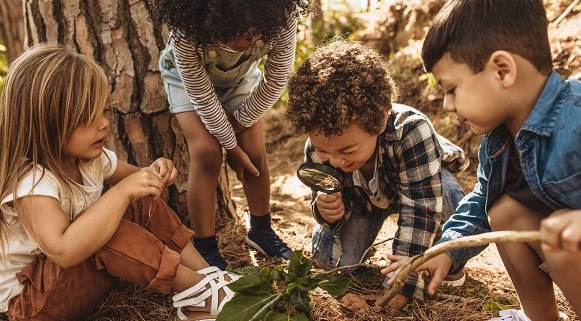Reposted from Philip Bell and Deb Morrison, at the University of Washington, Seattle, via the National Science Teachers Association:
Some cultures have historically been privileged in particular times and places, and as a result, some ways of knowing and doing science have had more social standing. We work from the stance that scientific ways of knowing and science education are fundamentally cultural and inherently political. All students have a right and a responsibility to learn how science has been implicated in creating many social inequities over time and how diverse scientific knowledges and practices can promote justice.
For example, the ice floe knowledge of Arctic Indigenous peoples was not initially brought into the larger scientific conversation on global climate science until sustained relationship building and deep listening between Indigenous and Euro-Western-trained scientists occurred. This knowledge held within Indigenous communities allowed for refinement of global climate modeling. Tribes and Indigenous peoples are engaged in hundreds of such efforts to understand and respond to climate change (see Chapter 15, Fourth National Climate Assessment for details).
Teachers can foster such cultural bridging in ways that help students recognize their agency to engage in social justice projects in ways informed by the sciences. Specifically, justice-oriented science educators should engage in culturally-based pedagogies that identify and leverage the knowledge and practice resources of students and their communities.
Read more for principles and resources



